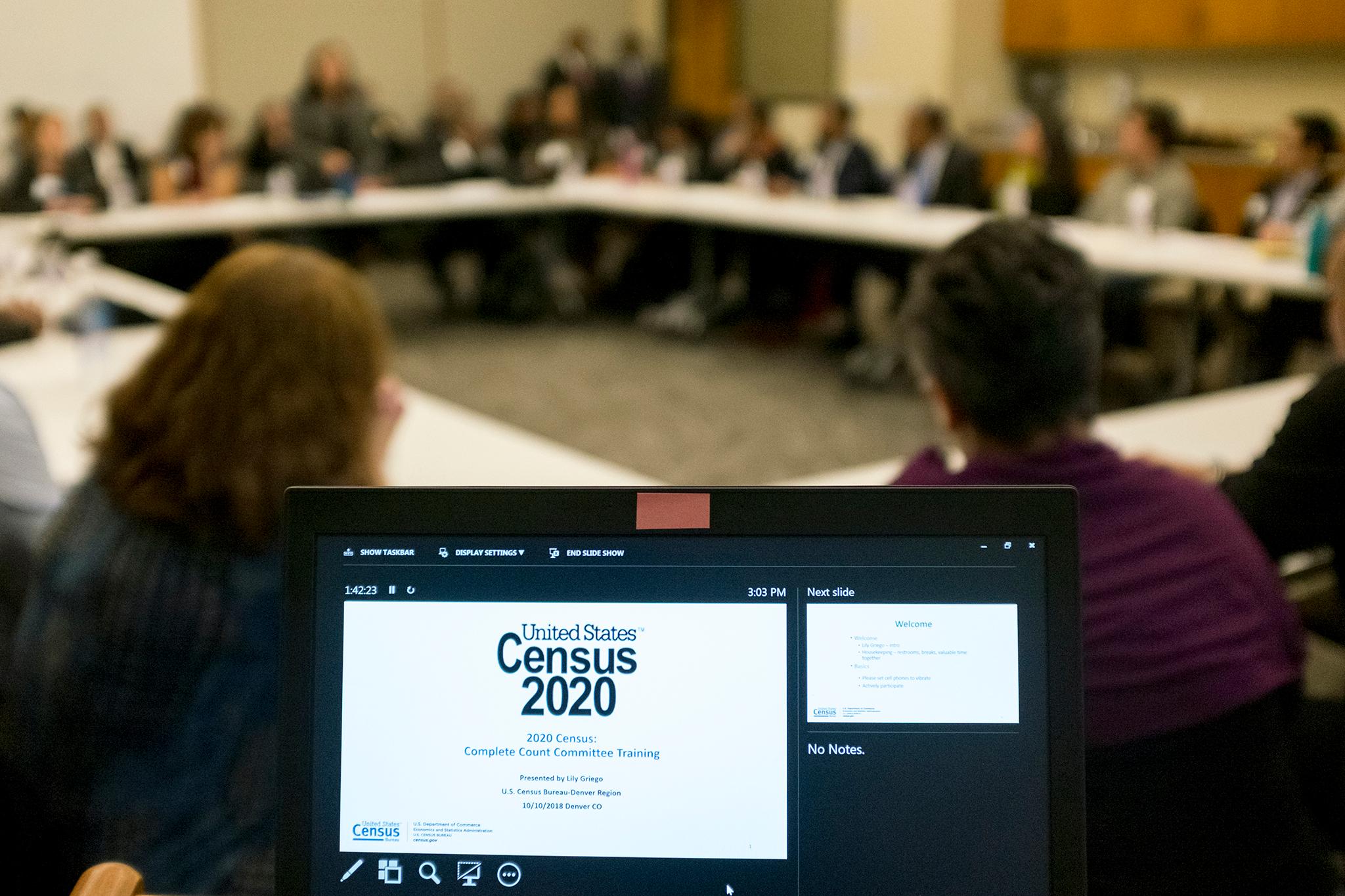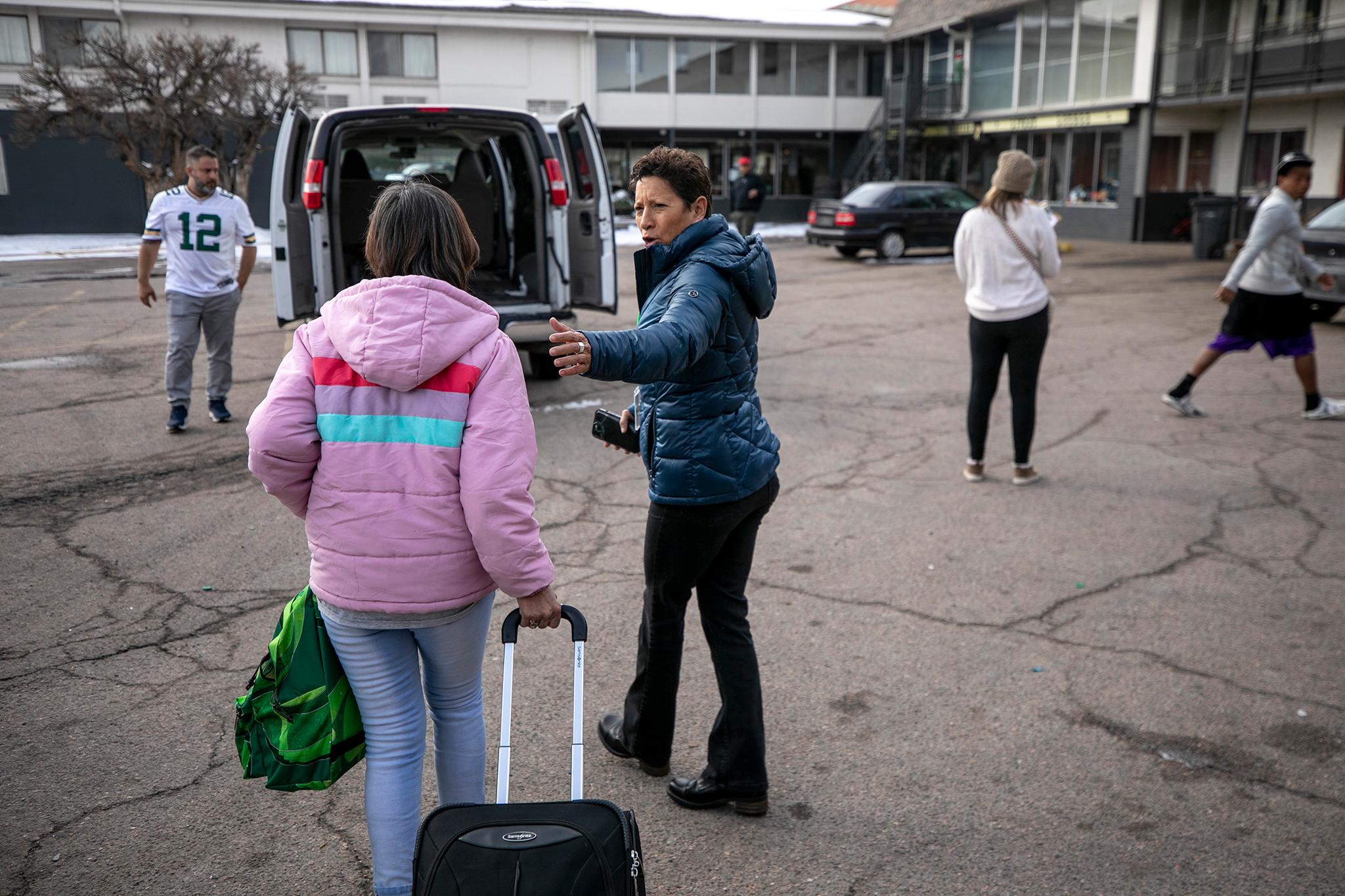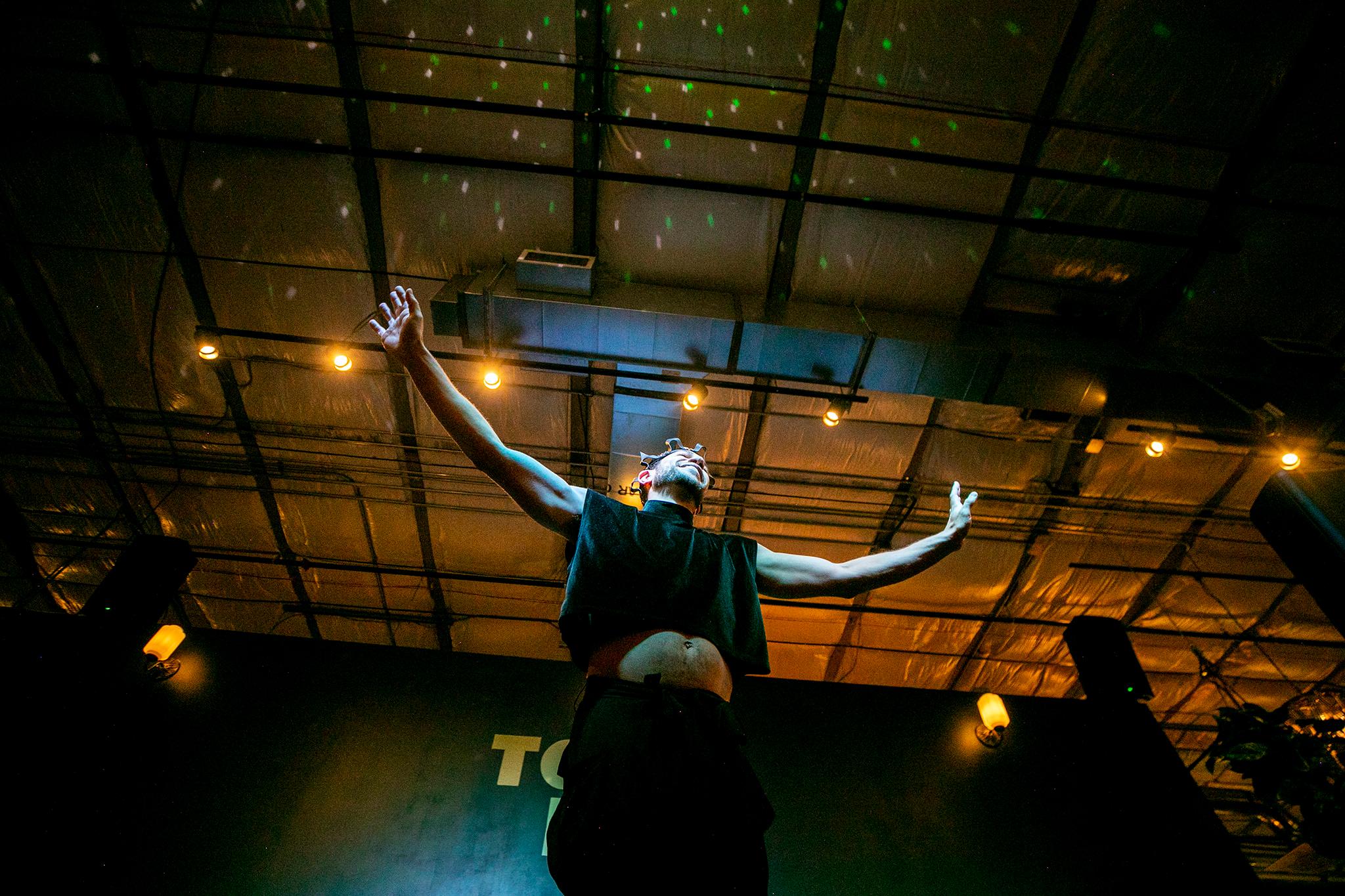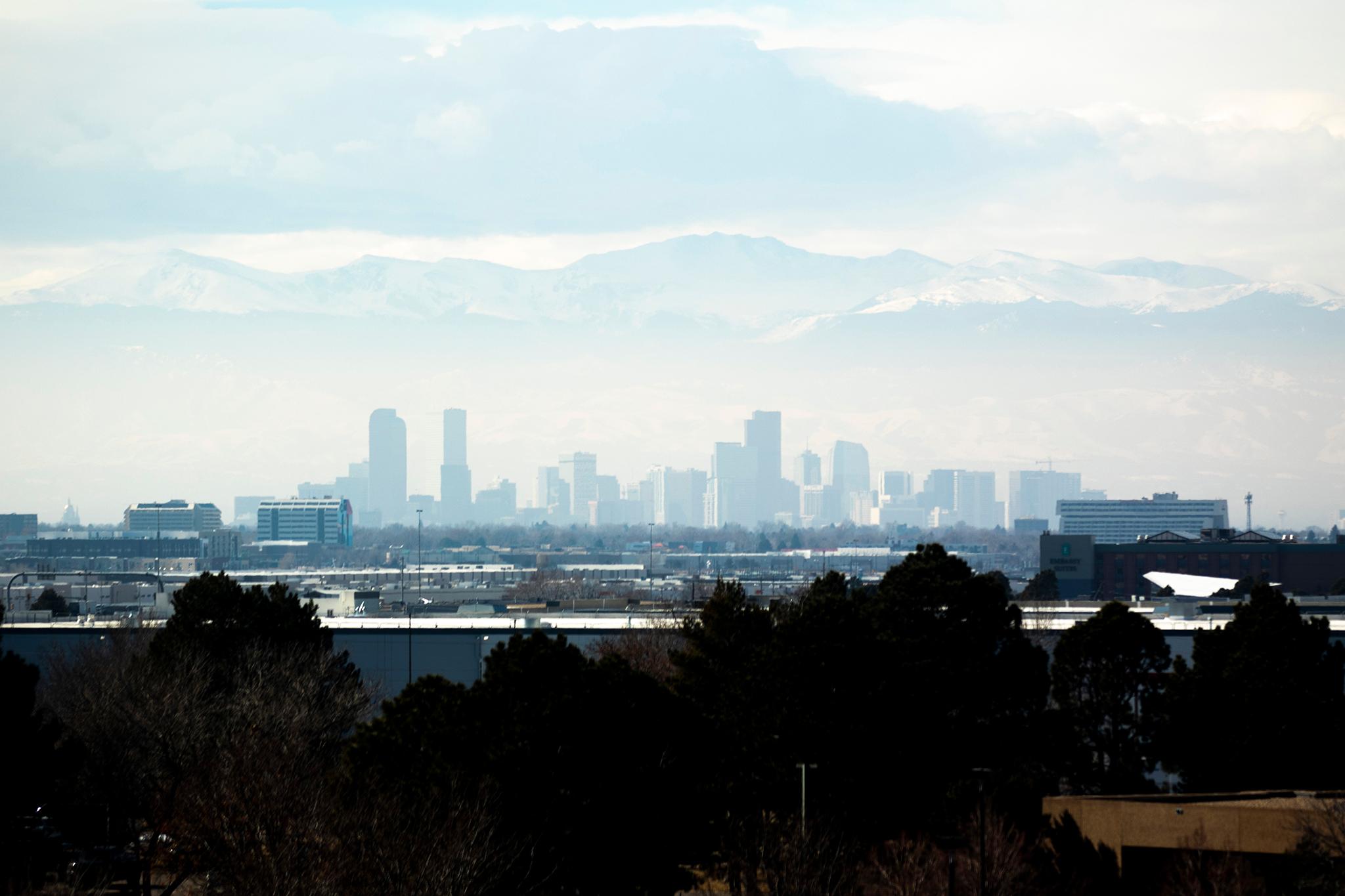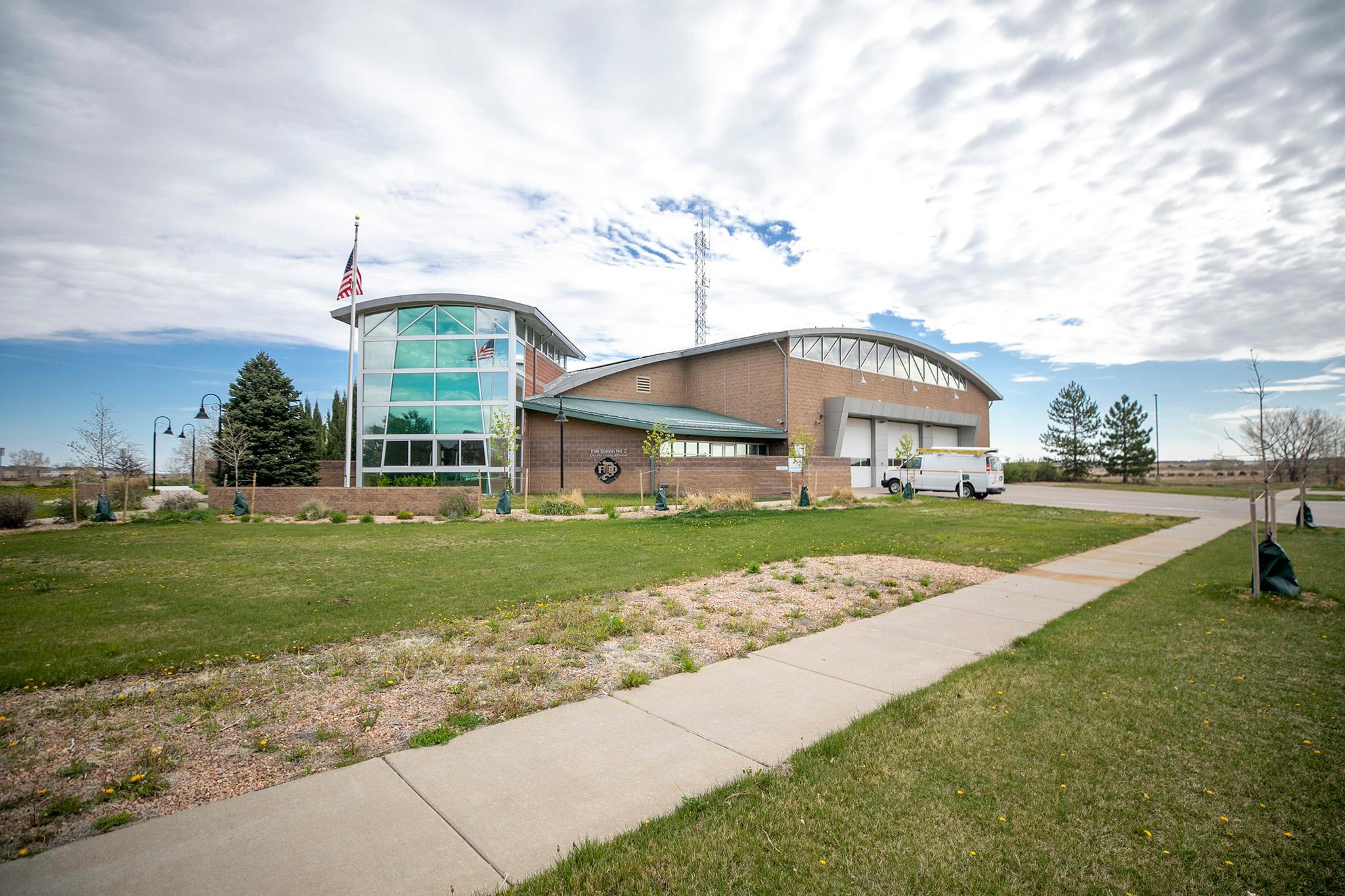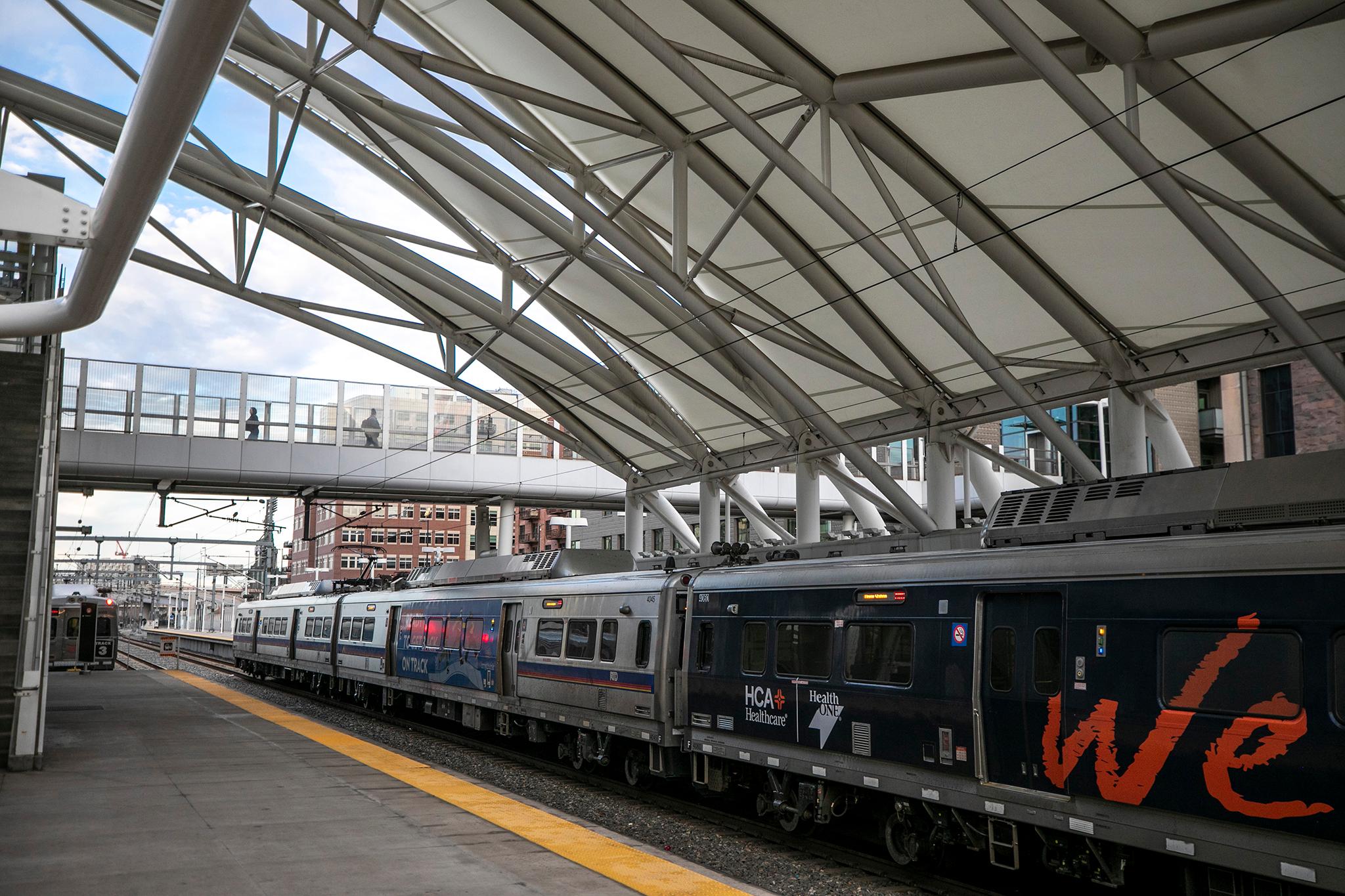The 2020 census holds the key to a treasure chest of things for Colorado and Denver: an eighth congressional seat, for one, and $13 billion in federal dollars for everything from public libraries to public housing to public assistance for people who need it, according to the Colorado Department of Local Affairs.
Locals only get to unwrap those gifts (actually their taxpayer dollars) if enough people are counted. And the city and state are competing with others around the country to ensure that happens.
"It's really important to us and it serves your communities and your districts very well," Lily Griego, a local coordinator for the United States Census Bureau, told Denver City Council members during a committee meeting Wednesday.
According to a presentation from Denver Human Rights and Community Partnerships, a quarter of Denver households did not answer the 2010 survey without extra prodding (phone calls, door knocks) from the Census Bureau to get answers about city demographics.
The 2020 survey will have more ways than ever to participate in the 10-question survey, with an online option for the first time. Households can phone it in, mail it in, or have a live conversation, too.
Still, the Colorado Fiscal Institute estimates that a quarter of Denverites -- about 176,000 households -- will not respond to the 2020 survey without a nudge.
Some people in minority and low-income neighborhoods distrust the government.
Montbello, Westwood, Green Valley Ranch, Sun Valley, College View, La Alma/Lincoln Park and West Colfax will take extra outreach, officials predict.
"The darker the blue, the more work we have to do," said Kaye Kavanagh, the city's census lead, referring to a map of Denver neighborhoods where officials expect low turnout.
Denver will rely on trusted neighborhood voices -- religious leaders, educators, nonprofit workers -- to get the city closer to a complete count. Local and national census administrators have been recruiting liaisons since last year, they said.
"In communities of color there is a huge distrust in government and we recognize that," said Natriece Bryant with the Colorado Department of Local Affairs. They know the faith leader who opens up his church doors and says come on in... community members are very likely to listen to that person."
In Denver, the census will be available in 13 languages including English to cover more bases, and officials are working on getting more translations. English and Spanish versions will account for about 94 percent of households, City Councilwoman Jamie Torres said.
Government distrust stems from any number of things. Trepidation about citizenship is one of them.
Anyone who works for the U.S. Census Bureau -- it's hiring temp workers, by the way, at more than $20 an hour -- must take an oath to keep information secret. And the federal agency cannot share specific data with other federal agencies, according to Griego.
Still, the hubbub over President Trump's failed bid to ask people about their citizenship status on the survey creates a communications challenge for census workers and the cities and states that stand to benefit.
Denver's census team is trying to get ahead of misinformation, Kavanagh said, but its other initiatives complicate things. The U.S. Census Bureau works year-round on data collection, including or the American Community Survey, a one-year estimate of local demographics across America. And that survey has a citizenship question.
"It's how many people, not how many citizens, how many visitors ... and that's the importance of it," City Councilman Kevin Flynn said.
The data collection starts next spring.
An early version of this article wrongly called Denver Human Rights and Community Partnerships "Denver Human Services and Community Partnerships. It has been corrected.

